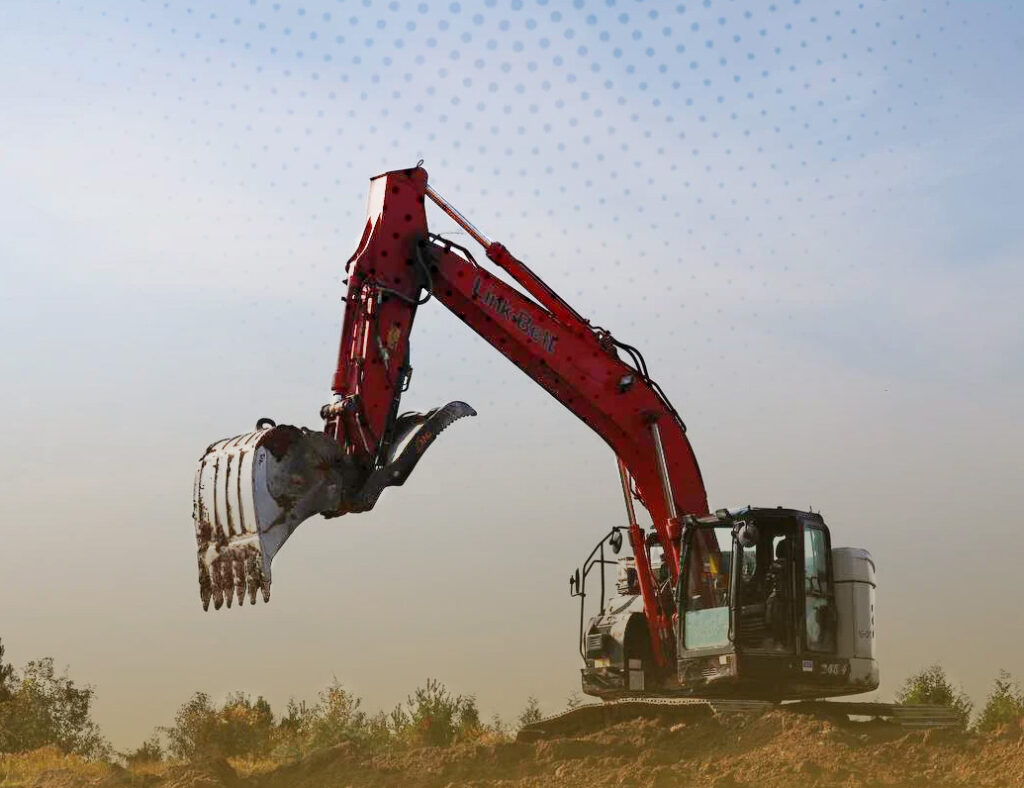Challenges and Solutions
Excavation is an essential process in urban development, playing a crucial role in constructing infrastructure, residential and commercial buildings, and public spaces. As cities expand, the demand for excavation services increases, bringing both opportunities and challenges. This article explores the significance of excavation in urban growth, the challenges faced, and innovative solutions to ensure sustainable and efficient development.
The Importance of Excavation in Urban Development
- Infrastructure Projects: Roads, bridges, tunnels, and public utilities require extensive excavation to establish a strong base.
- Commercial and Residential Buildings: Excavation is necessary for laying foundations, underground parking, and basements.
- Environmental and Land Improvement: Excavation assists in soil stabilization, flood control, and environmental restoration projects.
Key Challenges in Excavation
Environmental Concerns
Urban excavation can lead to soil erosion, groundwater contamination, and habitat destruction. Proper planning and environmental impact assessments are necessary to mitigate these issues.
Safety Hazards
Excavation sites are prone to accidents, including trench collapses, equipment failures, and worker injuries. Adhering to safety regulations and using protective systems can reduce these risks.
Regulatory Compliance
Strict regulations govern excavation projects, requiring permits, inspections, and adherence to zoning laws. Non-compliance can result in delays and legal issues.
Logistical Constraints
Limited space in urban areas makes excavation challenging, requiring careful coordination with city planners, traffic management teams, and nearby properties.
Innovative Solutions for Efficient Excavation
To address these challenges, the construction industry has adopted innovative solutions:
- Sustainable Excavation Techniques
Using eco-friendly excavation methods, such as trenchless technology and controlled blasting, minimizes environmental impact while maintaining efficiency.
- Advanced Equipment and Technology
Modern excavation relies on GPS-guided machinery, automated excavation tools, and real-time monitoring systems to enhance precision and reduce human error.
- Improved Safety Measures
Implementing robust safety protocols, such as trench shoring, protective barriers, and worker training programs, ensures a secure excavation environment.
- Smart Project Planning
Collaborative planning with stakeholders, efficient scheduling, and the use of Building Information Modeling (BIM) help streamline excavation projects in urban areas.
Conclusion
Excavation is a fundamental component of urban development, enabling the growth of infrastructure and communities. While challenges exist, innovative solutions and strategic planning can enhance efficiency, safety, and sustainability. As cities continue to expand, the role of excavation will remain vital in shaping the future of urban landscapes.
